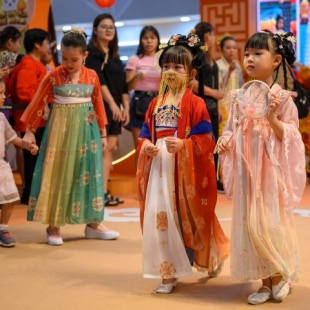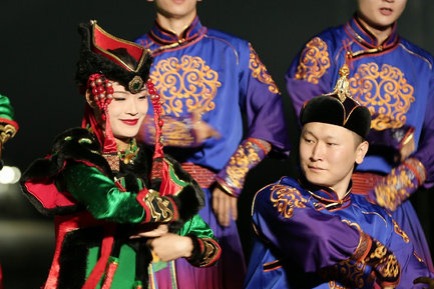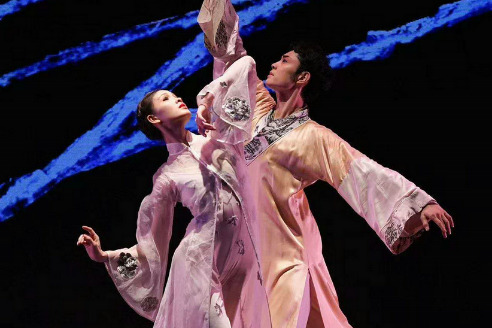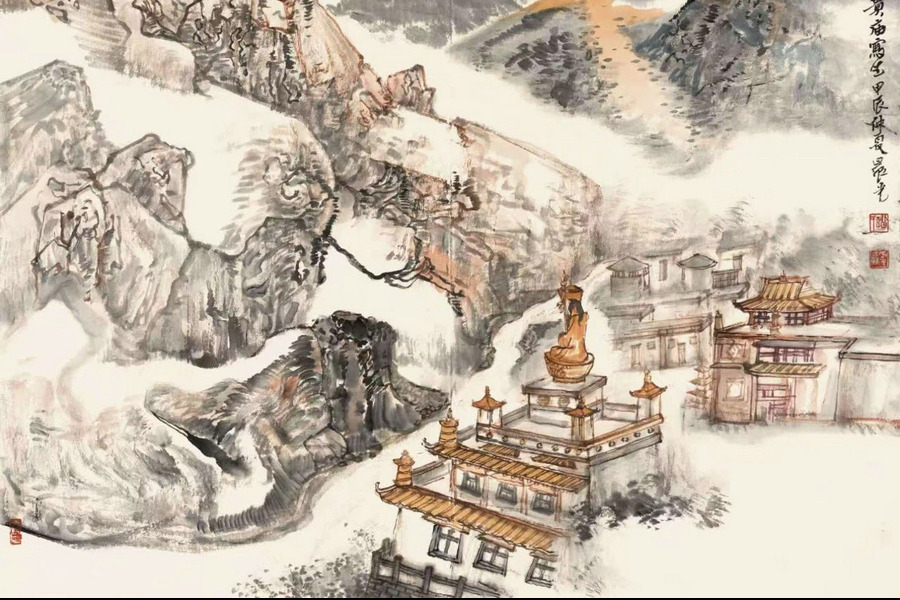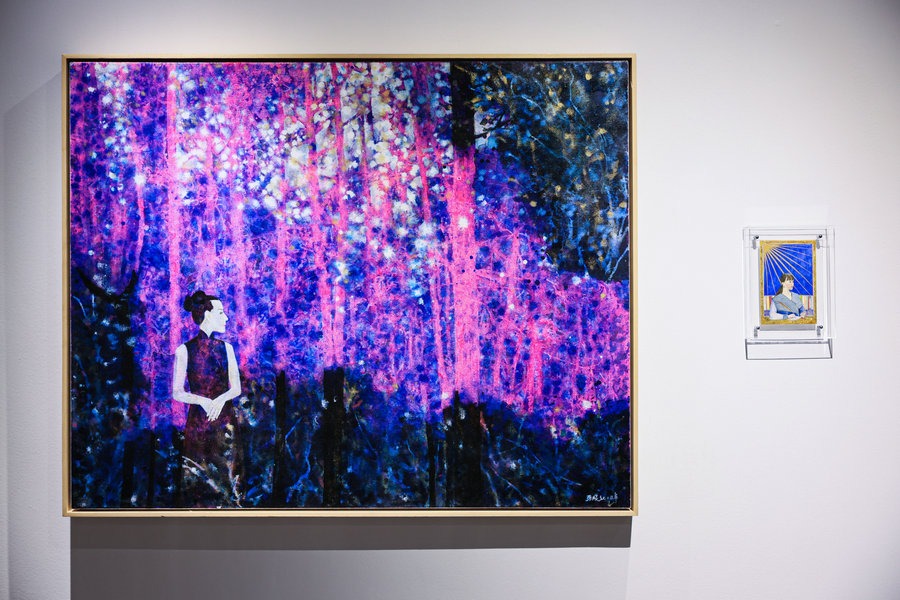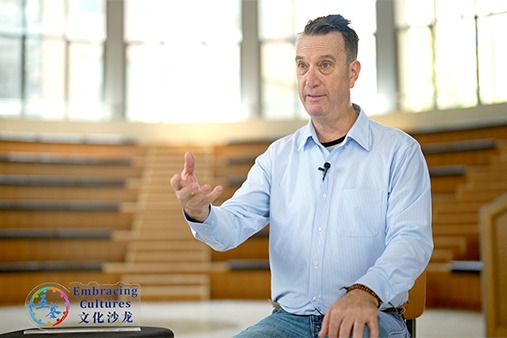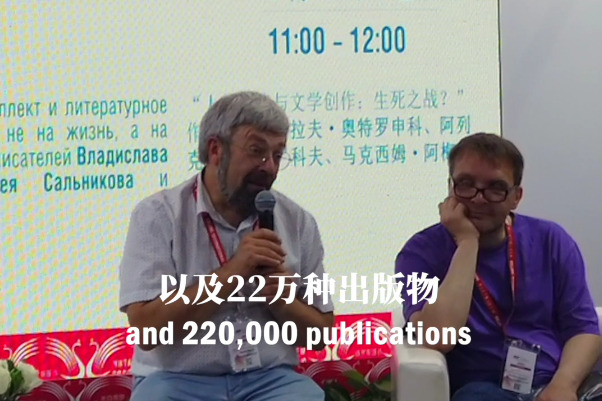Chinese overseas enjoy festivities and remember home ties

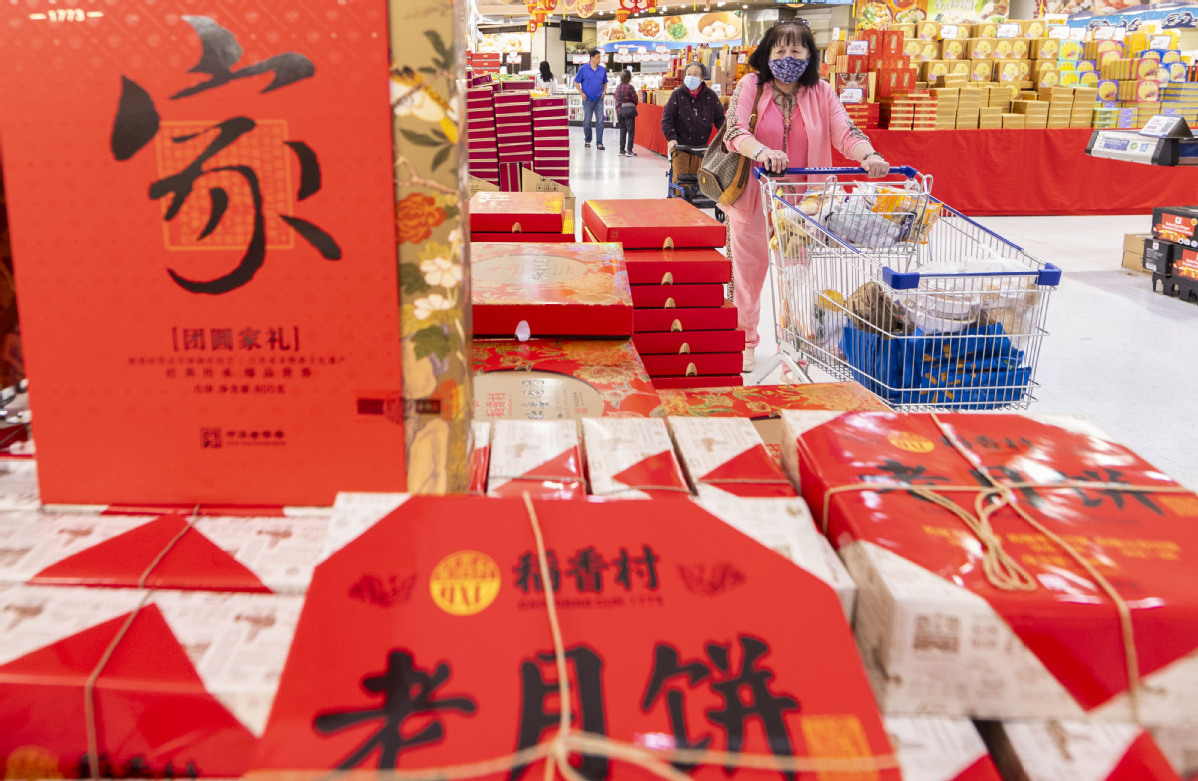
The five-star JHL Solitaire Hotel in Gading Serpong township, Banten, near Jakarta, held a Mid-Autumn Festival fine dining event for hundreds of guests earlier this month.
However, in Kupang, the provincial capital of East Nusa Tenggara on the tiny island of Timor, Mid-Autumn Festival and mooncakes are little known.
To make people aware and to maintain their traditional, albeit diverse, religious backgrounds, an organization of Chinese Indonesians held a Mid-Autumn Festival gathering, said Amatus Bhela, an educator and social activist in Kupang, in a phone interview.
Ethnic Chinese in East Nusa Tenggara are mostly mixed race, having both native and Chinese blood, and they cherish Chinese traditions.
Small Chinese settlements began in Indonesia in the late 13th century, and Chinese Indonesians account for about 5 percent of the country's population of 278 million.
Hendriani, director of a private school in Gading Serpong, Banten province, near Jakarta, said her relatives normally get together on the weekend after Mid-Autumn Festival day to drink tea and eat mooncakes. The day before, Hendriani's mother decorates a prayer table and places mooncakes on it as offerings to honor the family's ancestors.
"Unfortunately, I know little about the Moon Festival. It is said that the Moon Festival is an event that enforces family unity and togetherness," said Hendriani, who only uses one name.
Dali Santun Naga, a professor at Tarumanagara University in Jakarta, said that it is normal for Chinese communities in Indonesia to observe Mid-Autumn Festival and Chinese Lunar New Year.
"I think people need identity and groups," said Naga, an ethnic Chinese. A former rector of Tarumanagara, he has written books and articles about Chinese Indonesians, an identity that refers to ethnic Chinese, becoming a group in Indonesia's larger community.
Leonardus Jegho is a freelance journalist for China Daily.
Contact the writers at karlwilson@chinadailyapac.com.


